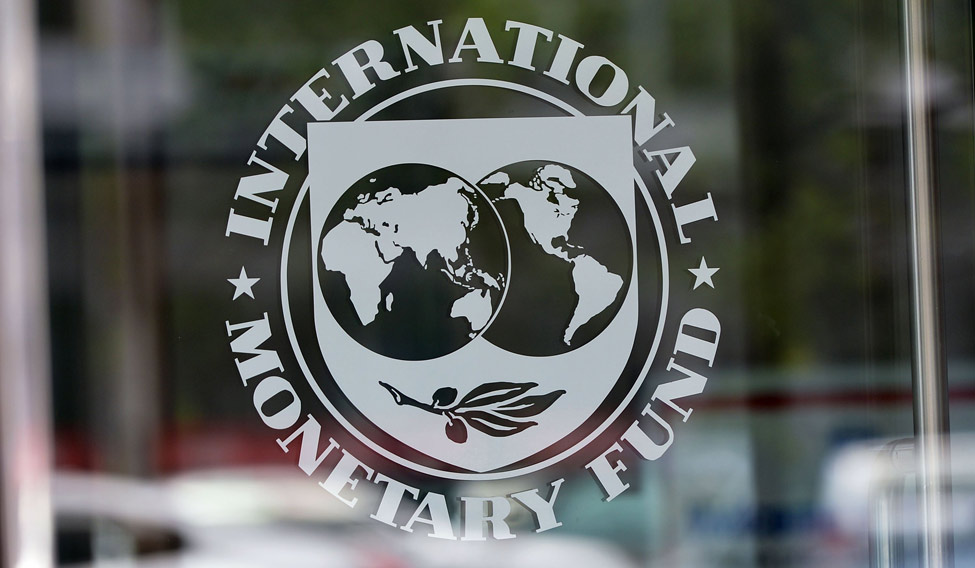IMF Works with El Salvador on Bitcoin Risk Management
09.08.2024 8:00 1 min. read Alexander Stefanov
The International Monetary Fund (IMF) is collaborating with El Salvador to address the financial risks linked to its Bitcoin adoption.
The aim is to create a solid plan to stabilize and grow the economy while managing Bitcoin as legal tender.
The IMF’s recent update, following discussions led by Raphael Espinoza, highlighted a focus on improving public finances, enhancing bank reserves, and increasing financial transparency.
The organization emphasized the need for El Salvador to boost its fiscal balance by 3.5% of GDP over three years, optimizing public spending on services and infrastructure.
Both parties acknowledged potential risks from Bitcoin, including concerns about fiscal stability and transparency. They agreed on the need for further measures to address issues like corruption and money laundering.
El Salvador, which began using Bitcoin as legal tender in September 2021 under President Nayib Bukele, is committed to its Bitcoin strategy despite earlier IMF warnings. The country continues to buy Bitcoin daily through a Dollar Cost Averaging approach and currently holds about 5,835 BTC, valued at roughly $334 million.
-
1
Bitcoin Nears Key Support Levels Amid Growing Market Uncertainty
10.06.2025 18:00 1 min. read -
2
Bitcoin Price Prediction: Can the Genius Act Push Bitcoin to $200K?
20.06.2025 22:52 3 min. read -
3
Strategy’s Michael Saylor Says Bitcoin’s Volatility Era Is Over
13.06.2025 8:00 1 min. read -
4
Quantum Computing Won’t Kill Bitcoin, Says Michael Saylor
10.06.2025 12:00 1 min. read -
5
Bitcoin on the Edge: Why One Veteran Trader Sees a 75% Plunge
11.06.2025 13:00 1 min. read
Strategy Boosts Bitcoin Holdings to 597,325 BTC with Latest Purchase
Bitcoin giant Strategy has added another 4,980 BTC to its reserves in a purchase worth approximately $531.9 million, according to Executive Chairman Michael Saylor.
Veteran Trader Peter Brandt Shares Simple Wealth Strategy with Bitcoin at Its Core
According to renowned market veteran Peter Brandt, trading isn’t the path to prosperity for the vast majority of people.
Why Bitcoin Is Stuck Despite Wall Street Demand
Charles Edwards, founder and CEO of Capriole Investments, has offered a fresh perspective on Bitcoin’s stalled price movement near the $100,000 mark, despite growing institutional enthusiasm.
Metaplanet Now Holds 13,350 BTC Worth $1.4 Billion
Metaplanet has expanded its Bitcoin treasury with a new acquisition of 1,005 BTC valued at approximately $108.1 million, further cementing its status as one of the largest corporate holders of the digital asset.
-
1
Bitcoin Nears Key Support Levels Amid Growing Market Uncertainty
10.06.2025 18:00 1 min. read -
2
Bitcoin Price Prediction: Can the Genius Act Push Bitcoin to $200K?
20.06.2025 22:52 3 min. read -
3
Strategy’s Michael Saylor Says Bitcoin’s Volatility Era Is Over
13.06.2025 8:00 1 min. read -
4
Quantum Computing Won’t Kill Bitcoin, Says Michael Saylor
10.06.2025 12:00 1 min. read -
5
Bitcoin on the Edge: Why One Veteran Trader Sees a 75% Plunge
11.06.2025 13:00 1 min. read


